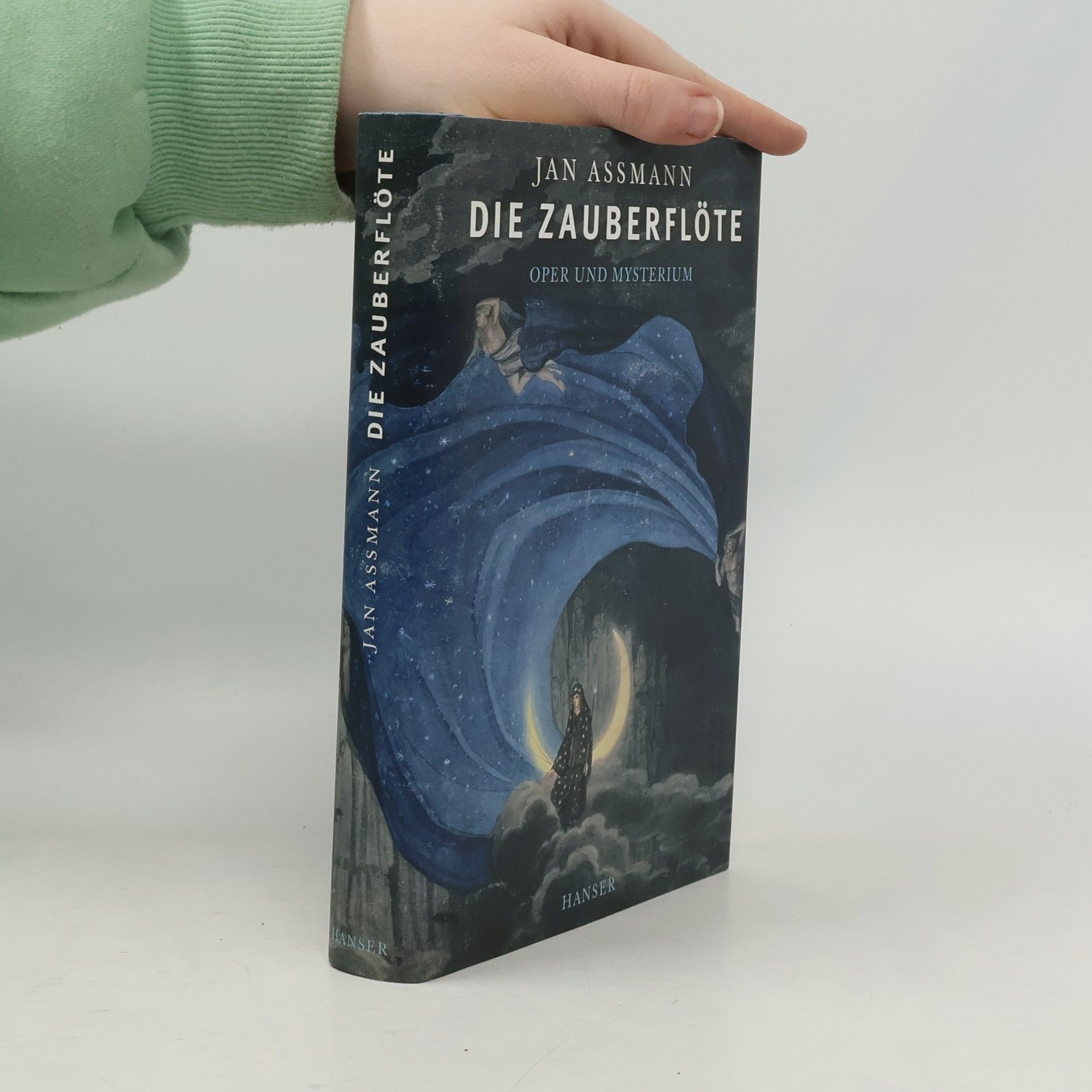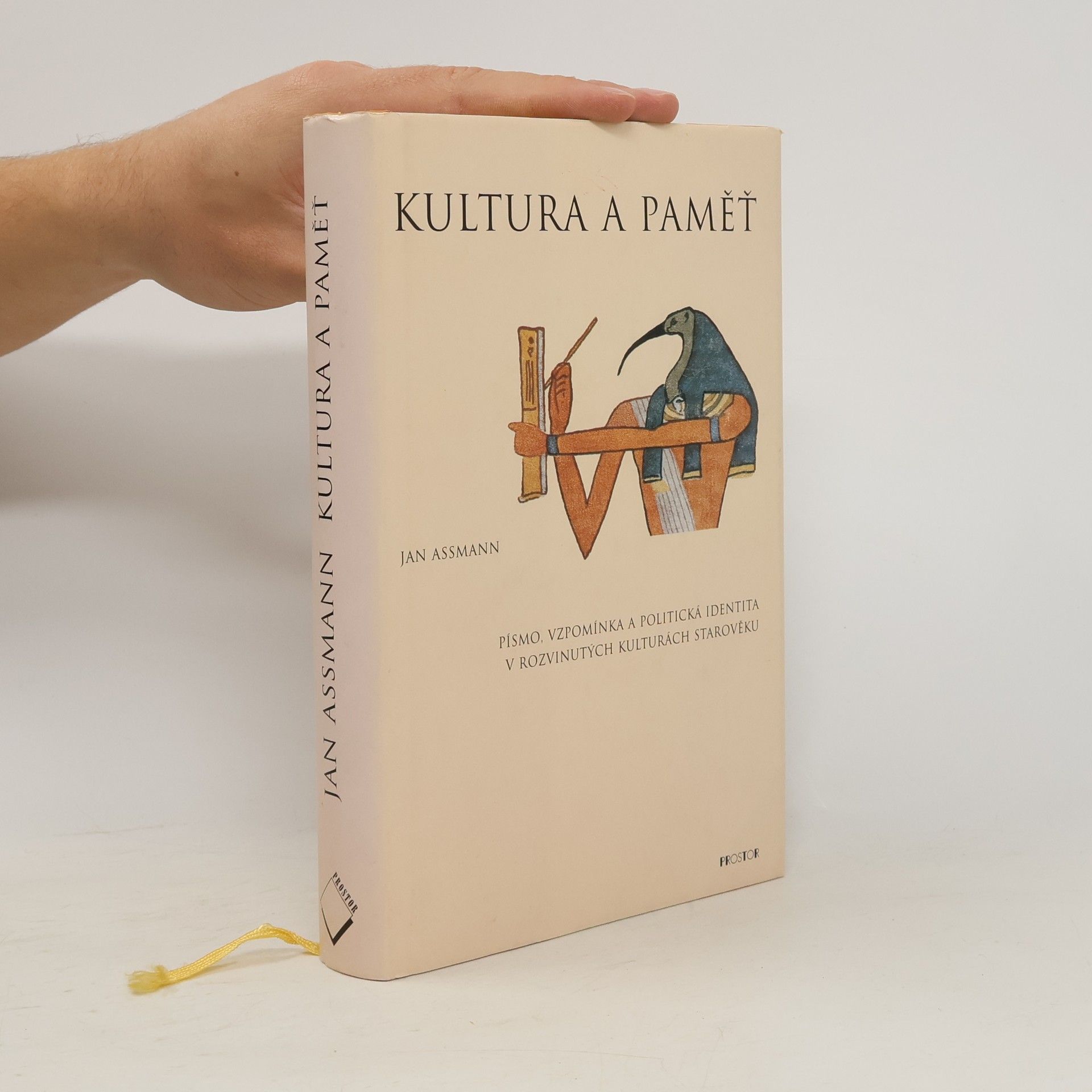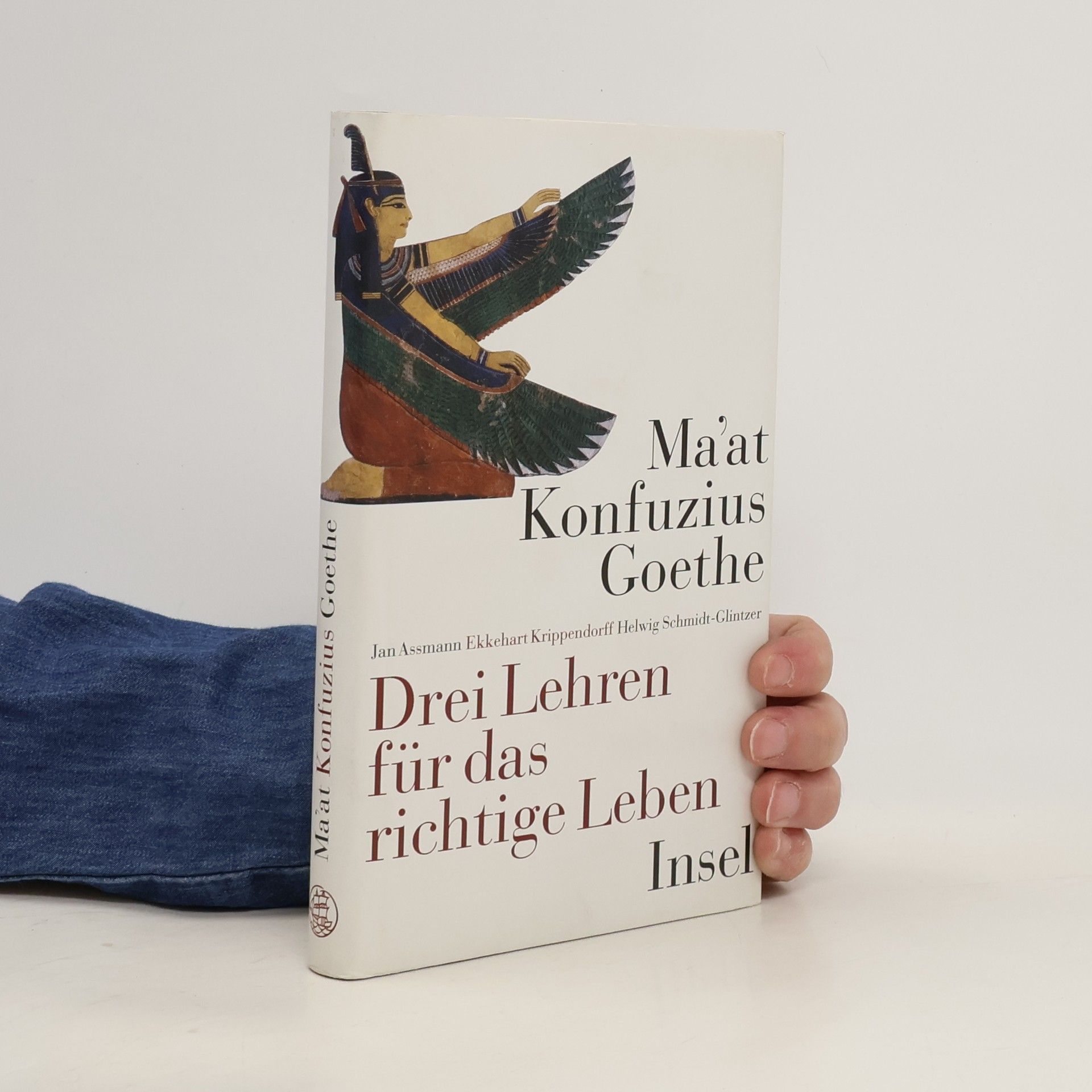The Invention of Religion
- 416 páginas
- 15 horas de lectura
A groundbreaking account of how the Book of Exodus shaped fundamental aspects of Judaism, Christianity, and IslamThe Book of Exodus may be the most consequential story ever told. But its spectacular moments of heaven-sent plagues and parting seas overshadow its true significance, says Jan Assmann, a leading historian of ancient religion. The story of Moses guiding the enslaved children of Israel out of captivity to become God's chosen people is the foundation of an entirely new idea of religion, one that lives on today in many of the world's faiths. First introduced in Exodus, new ideas of faith, revelation, and above all covenant transformed basic assumptions about humankind's relationship to the divine and became the bedrock of Judaism, Christianity, and Islam.








